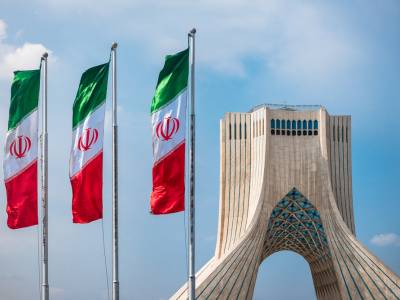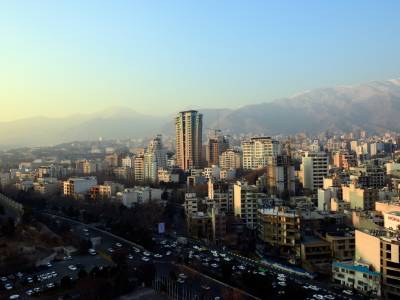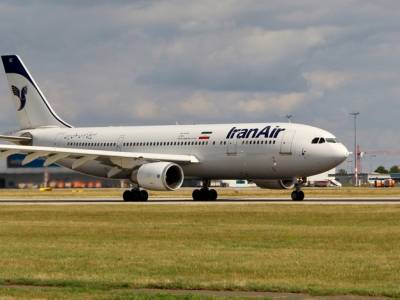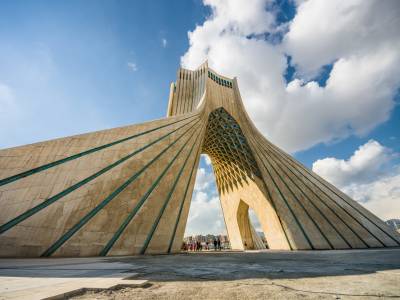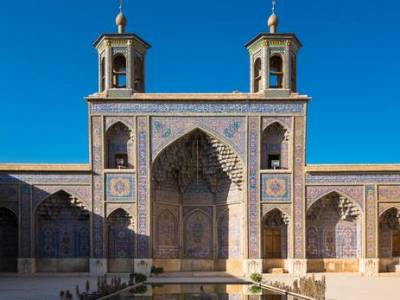-
Iran
Investment opportunities in the Islamic Republic of Iran
22 April 2016
- Unternehmen
Foreign companies willing to operate in Iran have two main options. They can either register a company in Iran or establish a branch or representative office (hereinafter: “Rep. office”) of their own company. Each option offers a number of privileges.
Thanks to recent changes in the laws and practices of company incorporation in Iran, it is possible to establish companies in Iran with 100% foreign capital. There is no need to have Iranian partners either. According to article one of the Company Registration Act of Iran Commercial Code: “any company formed in Iran is an Iranian company”. This is true regardless of the nationality of partners. Therefore, as Iranian companies, companies formed by foreigners can access to all the incentives, facilities and possibilities available for Iranian companies. For example, an important advantage of incorporating a company in Iran for foreign nationals is that it enables the company to come in possession of immovable property. In fact, according to the Iran Ownership of Immovable Property Law, foreign persons are not legally competent to possess any land. However, foreigners who become partners in an Iranian legal person can buy and possess real estate in the company’s name. It is also possible for such companies to rent immovable property for any span of time as long as it does not contradict the laws and regulations of the country. The two most popular company types in Iran are Limited liability companies and joint stock companies.
A limited Liability Company is a company formed between two or more natural persons for trade purposes without the capital being divided into shares. In this company type, the liability of each partner is strictly limited to the capital they have invested. The name of the company should not contain any of the partner’s names, otherwise that partner will have unlimited liability vis-à-vis third parties. The minimum number of partners for this company type is two people, which differs from Joint Stock Companies.
The other very commonly used corporate vehicle in Iran is Joint Stock Companies. This company type is characterized by the division of capital into shares. Joint Stock companies are divided into public and private joint stock. The distinction lies in the possibility of trading the shares publicly in public joint stock companies. The minimum number of shareholders in private joint stock companies is three, while public joint stock companies require a minimum of five shareholders who should all together provide at least one-fifth of the total capital.
In addition to incorporation of Iranian companies, foreign entities have the option of registering a branch or a Rep. Office in Iran. In order for foreign companies to be allowed to work in Iran through a branch or a Rep. Office, such companies need to be legally recognized in their country of origin.
A single-article law, passed in the Iranian Parliament In 1997, allows companies legally registered in foreign jurisdictions to register a branch/ representative in Iran. Such branches/ Rep. Offices can engage in the following activities:
- Offering after-sales services of foreign products/services.
- Operating contracts signed between Iranians and foreign companies.
- Conducting investigations and providing the pre-requisites for foreign investment in Iran.
- Cooperating with Iranian technical/engineering companies to do projects in other countries.
- Increasing none-petroleum exports of Iran.
- Rendering technical/engineering services and transfer of technology.
- Engaging in activities that have been authorized by legally competent authorities in Iran such as rendering services in transportation, insurance/ inspection of goods, banking, marketing and etc.
Management of a branch or a Rep. Office needs to be done by one or more natural persons residing in Iran. A branch is a local unit of the foreign company directly responsible for conducting activities of the foreign company locally. The branch shall act in the name and with the responsibility of the company. In contrast, the representative, who could be a natural or legal person, shall act in its own name and responsibility.
For branches, foreign companies desiring to register a branch in Iran need to submit some documents attached to their application to the office of Company Registration and Industrial Property.
As for Rep. Offices, an Iranian legal or natural person must be introduced as a representative. Each company is allowed to have one official Rep. Office registered in Iran. The representative will, subject to the agency agreement, deliver parts of the duties of the foreign company in Iran. The Representative shall submit certified translation and original documents enclosed to an application to the office of Company Registration and Industrial Property.
Rep. Office and branches that are not allowed to conduct transactions and exclusively deal with market research for their mother company and receive payments from mother companies to cover their costs are not taxed for such payments received from mother companies.
Located in the heart of the Middle East, and Asia’s main pathway to Europe, Iran has a geopolitical and economical key role in the region.
Iran is the world’s 18th largest economy by Power Purchasing Parity. It is an economy in transition, member of the Goldman Sachs’ next eleven and the biggest economy outside of the WTO. The Institute of International Finance has speculated a GDP growth of over 6 per cent for Iran following the implementation day, the biggest economic growth in the world. In 2011, Iran had the fastest rate of scientific growth in the globe and it currently has one of the fastest developing telecommunication industries in the world. Iran has a population of over 80 million people and a high rate of unemployment (13 %).
The predominantly urban population is an ideal untapped middle-class market with huge potential. Because of the sanctions in the previous decade, the market is far from being saturated and offers invaluable opportunity for foreign investors and producers. Its young educated population, for example, can provide ideal skilled local workforce for foreign investors.
Now, with the actual removal of international and unilateral sanctions, which burdened the Iranian economy in the previous decade, there is the hope that Iran will attract ample foreign investments.
Iran has signed Bilateral Investment Treaties and Double Taxation Agreements with numerous OECD countries. Iran has enacted a law encouraging and protecting foreign investment (FIPPA). It has also acceded to the New York Convention on the enforcement of arbitral awards and has adopted UNCITRAL international commercial arbitration model law with only minor adaptations. The Iranian law also affords foreign investors reasonable protection of their intellectual property rights. There are up-to-date enforceable electronic commerce and IT laws as well.
The government has revised the legal requirements for making investments in Iran with the aim of simplifying and accelerating the procedure. Now, there is much more transparency and obtaining an investment license has become very straightforward and could be done in only a few weeks.
Foreigners can establish companies in Iran with 100% foreign ownership, but at the same time enjoy all the rights and privileges available to Iranian national companies (e.g.: purchase real estate). Foreign companies can also establish a representative office or a branch in Iran. If the foreign investment is eligible for a FIPPA license, it can have access to many more incentives. Besides, there are tax exemptions or reductions available in Iranian Free Trade Areas and also for productive activities in the less developed areas of the country.
Evidently, by far the most attractive sector for foreign investors is the petroleum sector, due to the possibility of producing low-cost oil in Iran. With current low oil prices, Iran is one of the very few safe countries where investment in oil can actually produce an economic return. With the introduction of Iran Petroleum Contracts, foreign investors are further encouraged to bring capital to Iran’s petroleum reserves.
Another appealing sector is electricity production. Upon a successful restructuring of its power market, Iran is aiming to diversify its power generation, providing attractive incentives and tax reductions for investments made in renewable energy. Opportunities in this area abound and many foreign companies are already on their way to contribute.
In the wake of sanctions removal, there is also hope for a real boost to Iran tourism industry. Such a boom requires expansion of tourism infrastructure as hotels, luxury accommodation and railways, which would not be possible without foreign investment. As an ancient country with moderate temperatures and spectacular scenery, Iran’s tourism industry looks very promising.
FIPPA provides three main vehicles for foreign investment: Direct Foreign Investment in all areas where private participation is allowed; in the other areas investment can only be made by means of Build Operate Transfer, Build Operate Own, or Buy-Back mechanisms.
There are, however, still some significant barriers. The main stumbling block is the complicated bureaucracy that is deeply embedded in the Iranian legal system, despite the new administration’s attempts to increase transparency. In addition, foreign investment in certain industries is forbidden without State participation. The Iranian banking system has also been isolated during the last years because of the sanctions. All these shortcomings can easily be resolved once the Iranian economy is further integrated into global economy. For now, Iran is ready to embrace the new circumstances to give its economy a real boost and in so doing it requires the collaboration and participation of foreign enterprises. Very similar to the rhetoric governing Iran’s nuclear negotiations with the Five Plus One, the Iranian economy is exploring win-win solutions that would benefit not only itself but also its trade partners.



















